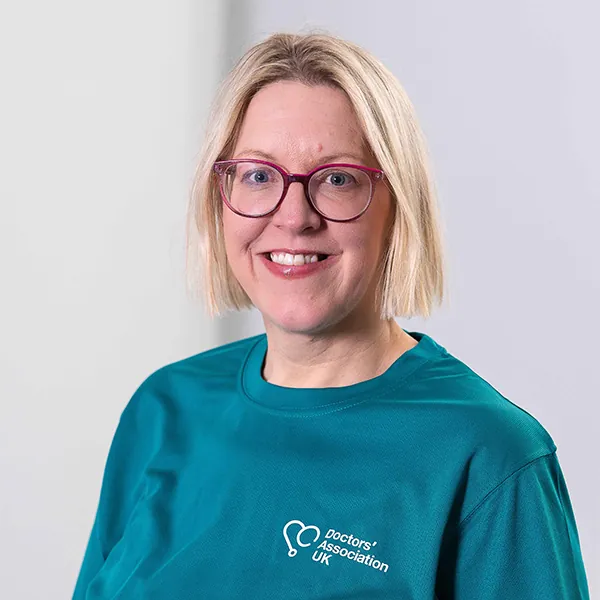Healthcare professionals should be able to raise concerns without fear of retribution, says Doctors’ Association UK (DAUK) co-chair Dr Matt Kneale.
Dr Kneale said safeguards needed to be put in place to protect whistleblowers which would lead to a safer NHS.
He was speaking after taking part in a key session at Westminster hosted by the All-Party Parliamentary Group (APPG) on Whistleblowing.
The roundtable titled Whistleblowing in Healthcare, a lesson in futility, was held at the House of Lords as part of Whistleblowing Awareness Week.
During the session, Dr Kneale focused on the need for independent scrutiny panels in NHS trusts, which have been proposed by, among others, Arun Baksi, founder director of Our NHS Our Concern.
He also emphasised the need to reduce unnecessary referrals by trusts to the regulator, advocating for a system that better supports and protects whistleblowers.
This was part of a wider discussion aimed at influencing the Government’s Whistleblowing Framework review and reinforcing the proposals in the Whistleblowing Bill, which was presented to Parliament last year.
Dr Kneale said: “As DAUK’s co-chair, my participation in the Whistleblowing Awareness Week was driven by our commitment for healthcare reform.
“I highlighted the urgent need for independent scrutiny panels in healthcare to safeguard whistleblowers and ensure their concerns are addressed fairly and transparently.
“I also backed the Whistleblowing Bill which will enshrine in law these protections that are sorely lacking.
“Our goal is to foster a Learn Not Blame culture where any healthcare professional can raise concerns without fear of retribution, ultimately leading to a safer NHS.”
He was joined on the panel by a number of prominent figures including BMA chair Professor Phil Banfield, Dr Chris Day, emergency medicine doctor, whistleblowers Martyn Pittman and Peter Duffy, along with Ravi Jayaram, one of the consultant whistleblowers in the Lucy Letby case.
Dr Kneale added: “Hopefully the comments and recommendations will significantly contribute to the ongoing efforts to reshape whistleblowing policies for the betterment of all professionals and the public, especially in healthcare.”





